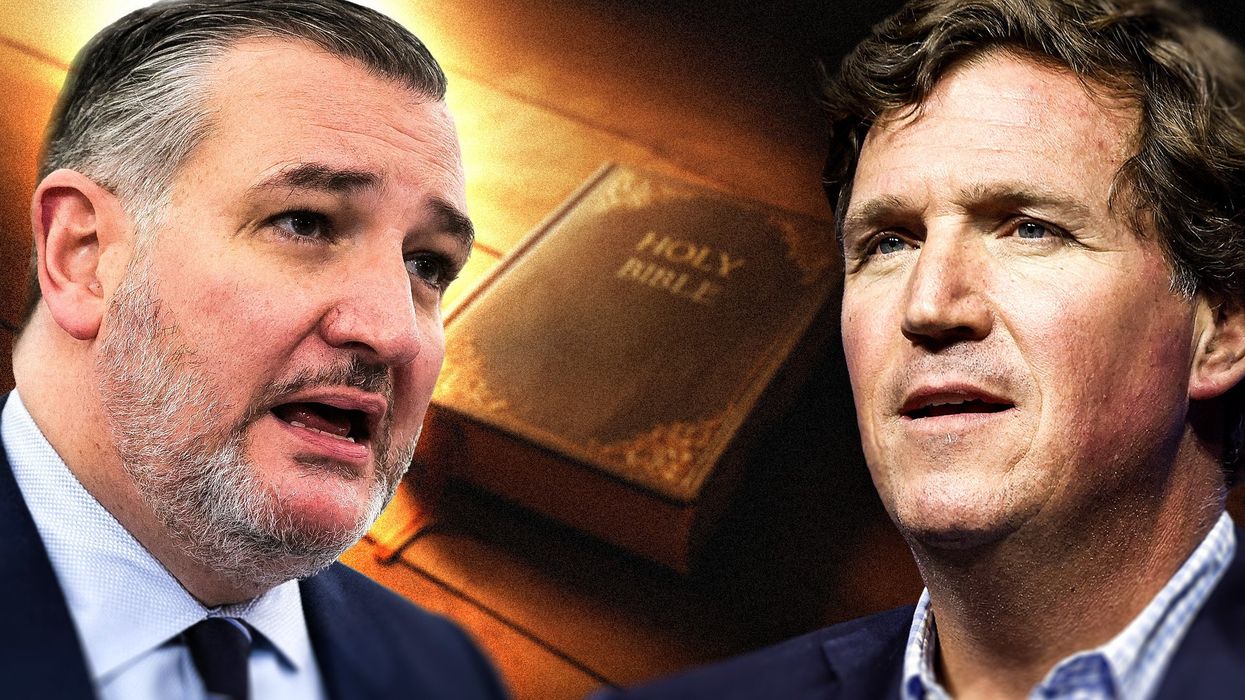
© 2025 Blaze Media LLC. All rights reserved.
"The pressures stemming from an aging population, rising health care costs, and an expansion of federal subsidies for health insurance would cause... ."
The Congressional Budget Office released a report Tuesday that says rising healthcare costs and expensive federal subsidies under Obamacare will both contribute to rising federal budget deficits over the next decade.
Democrats have championed the 2010 healthcare law as one that has helped reduce healthcare spending for individuals. Republicans disagree, and say costs are still rising even as many are receiving health coverage that is worse than what they had before the law was passed.

The CBO report seems to take the side of Republicans by saying healthcare costs will continue to rise. It says that increase, combined with new federal subsidies for healthcare under Obamacare, will put new financial burdens on the government that will lead to more debt.
"The pressures stemming from an aging population, rising health care costs, and an expansion of federal subsidies for health insurance would cause spending for some of the largest federal programs to increase relative to GDP," the report stated.
"Federal spending for Social Security and the government's major health care programs — Medicare, Medicaid, the Children's Health Insurance Program, and subsidies for health insurance purchased through the exchanges created under the Affordable Care Act — would rise sharply, to a total of 14 percent of GDP by 2039, twice the 7 percent average seen over the past 40 years," it added. "That boost in spending is expected to occur because of the aging of the population, growth in per capita spending on health care, and an expansion of federal health care programs."
CBO projects that this growth will make spending on federal health programs a major component of federal spending in 2039, when it's estimated that the national debt will equal 100 percent of U.S. GDP.
While spending in other areas will remain relatively flat, another component that is expected to increase dramatically is interest payments on the national debt.
"CBO expects interest rates to rebound in coming years from their current unusually low levels, raising the government's interest payments," CBO said. "That additional spending would contribute to larger budget deficits — equaling close to 4 percent of GDP — toward the end of the 10-year period spanned by the baseline," the report said.
"Altogether, deficits during that 2015–2024 period would total about $7.6 trillion."
Want to leave a tip?
We answer to you. Help keep our content free of advertisers and big tech censorship by leaving a tip today.
Want to join the conversation?
Already a subscriber?
more stories
Sign up for the Blaze newsletter
By signing up, you agree to our Privacy Policy and Terms of Use, and agree to receive content that may sometimes include advertisements. You may opt out at any time.
Related Content
© 2025 Blaze Media LLC. All rights reserved.
Get the stories that matter most delivered directly to your inbox.
By signing up, you agree to our Privacy Policy and Terms of Use, and agree to receive content that may sometimes include advertisements. You may opt out at any time.





